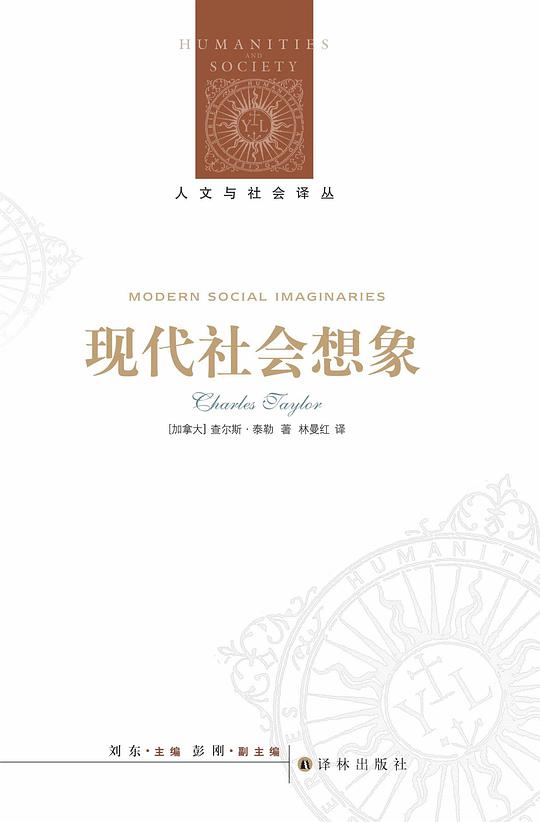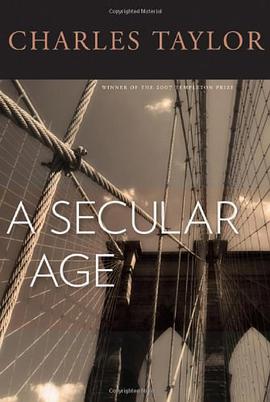“tag:taylor_charles”
A Secular Age [图书] 豆瓣
作者:
Charles Taylor
The Belknap Press of Harvard University Press
2007
- 9
What does it mean to say that we live in a secular age? Almost everyone would agree that we - in the West, at least - largely do. And clearly the place of religion in our societies has changed profoundly in the last few centuries. In what will be a defining book for our time, Charles Taylor takes up the question of what these changes mean - of what, precisely, happens when a society in which it is virtually impossible not to believe in God becomes one in which faith, even for the staunchest believer, is only one human possibility among others.Taylor, long one of our most insightful thinkers on such questions, offers a historical perspective. He examines the development in "Western Christendom" of those aspects of modernity which we call secular. What he describes is in fact not a single, continuous transformation, but a series of new departures, in which earlier forms of religious life have been dissolved or destabilized and new ones have been created. As we see here, today's secular world is characterized not by an absence of religion - although in some societies religious belief and practice have markedly declined - but rather by the continuing multiplication of new options, religious, spiritual, and anti-religious, which individuals and groups seize on in order to make sense of their lives and give shape to their spiritual aspirations.What this means for the world - including the new forms of collective religious life it encourages, with their tendency to a mass mobilization that breeds violence - is what Charles Taylor grapples with, in a book as timely as it is timeless.
Sources of the Self [图书] 豆瓣
作者:
Charles Taylor
Harvard University Press
1992
- 3
From Library Journal
This book is primarily a historical account of the modernist protest against the disengaged and instrumental modes of thought and action that arose when theistically grounded morality crumbled, but that themselves focused too little upon our inner life, i.e., our powers of creative imagination and the substantive goods of ordinary life, which Taylor alleges give meaning to human life. Associating each ideology with a particular conception of our identity as selves, he defends the modern view, keeping in mind that self-realization must recognize that some things are important beyond the self. Taylor rambles somewhat and often talks about " the good," as though human beings were fungible in their capacities for appreciation and action; but the wealth of illustrative material and frequent insights are thought-provoking. For scholarly collections.
- Robert Hoffman, York Coll., CUNY
Copyright 1989 Reed Business Information, Inc. --This text refers to an out of print or unavailable edition of this title.
This book is primarily a historical account of the modernist protest against the disengaged and instrumental modes of thought and action that arose when theistically grounded morality crumbled, but that themselves focused too little upon our inner life, i.e., our powers of creative imagination and the substantive goods of ordinary life, which Taylor alleges give meaning to human life. Associating each ideology with a particular conception of our identity as selves, he defends the modern view, keeping in mind that self-realization must recognize that some things are important beyond the self. Taylor rambles somewhat and often talks about " the good," as though human beings were fungible in their capacities for appreciation and action; but the wealth of illustrative material and frequent insights are thought-provoking. For scholarly collections.
- Robert Hoffman, York Coll., CUNY
Copyright 1989 Reed Business Information, Inc. --This text refers to an out of print or unavailable edition of this title.


